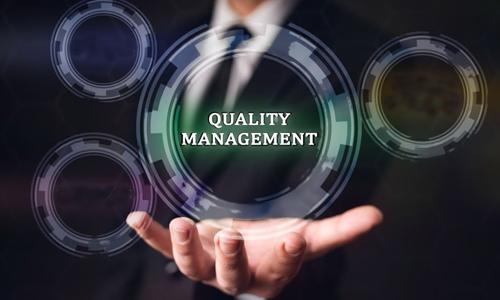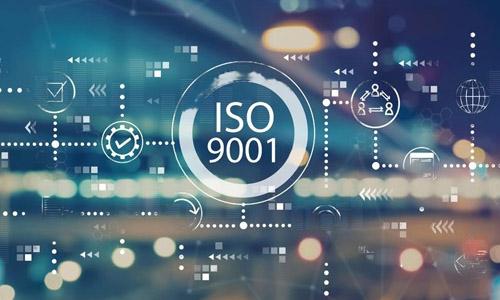Training
SLSI provides a range of training programmes and seminars in quality management and standardization to the personnel in industry and service sectors with the objective of imparting the knowledge base required for producing good quality products and services. There are more than 100 such educational and training programmes conducted right round the year. Our training programmes includes in the area of Quality Management, standardization, management systems such as ISO 9001 Quality Management Systems, ISO 14001 Environment Management Systems, ISO 22000 Food Safety Management Systems, ISO 50001 Energy Management Systems, Laboratory Quality Management Occupational health and safety management ISO 45001,etc, Productivity improvement . and other Quality related fields.
These programmes come in the forms of awareness, workshops, certificate courses, Diplomas and tailor-made in-house training programmes to meet specific needs of various organizations and industries.As per the current need we offer online based sessions covering a wide spectrum of disciplines. Besides, national capacity building the training division also conducts overseas training programmes as well.
Through these programmes SLSI has produced competent professionals from all over the country and they provide testimony through their success in the respective spheres of employment.
Resource faculty consists of about 100 resource personnel who are professionally qualified and trained trough renowned local and international bodies.
Details of the scheduled programmes are given in the Training Prospectus
Training Prospectus - 2025List Of Training Programmes
Quality Management
Quality management has become one of the most prominent elements in modern businesses. Therefore, it is important to understand the role of the quality management in organizations. The act of overseeing all activities and tasks needed to maintain a desired level of excellence. This includes creating and implementing quality planning and assurance, as well as quality control and quality improvements.
Quality Management Systems
ISO 9001 is a standard that sets out the requirements for a quality management system. It helps businesses and organizations to be more efficient and improve customer satisfaction. Further a quality management system enables a business to protect its reputation, accelerate change and meet customer needs.
Productivity Improvement
Productivity improvement is to do the work in right manner minimizing the errors in the output. These training programmes are designed to improve the productivity of organizations by identifying the quality related issues and guide them on overcoming those situations by working as a team.
Laboratory Quality Management
Maintaining Quality in Laboratories is very important to provide accurate, reliable, and on time test results. Quality management systems in laboratories guarantee the reliability of the operations. Poor quality management can result in unnecessary expenditure or failure to provide accurate results.
Food safety management systems
Food safety has received attention in the agri-food chain/sector and is basis of all initiatives taken on different activity levels starting from farm to fork. ISO 22000 has been developed as an international solution for improving the food safety. The role exploration of Food Safety Management System (FSMS) in implementing food safety throughout the food production and supply chain.
Good Manufacturing Practices
Good manufacturing practice (GMP) is a system for ensuring that products are consistently produced and controlled according to quality standards. It is designed to minimize the risks involved in food, cosmetics, coir and catering industries.
Environmental Management Systems
An Environmental Management System (EMS) is a framework that helps an organization achieve its environmental goals through consistent review, evaluation, and improvement of its environmental performance. The assumption is that this consistent review and evaluation will identify opportunities for improving and implementing the environmental performance of the organization. The EMS itself does not dictate a level of environmental performance that must be achieved; each organization's EMS is tailored to its own individual objectives and targets. An EMS enable an organization to reduce its environmental impacts and increase its operating efficiency.
Programmes on Demand
On-demand training is a learning strategy that allows trainees to educate themselves at their own pace. On-demand training allows learners to decide when and what courses to take — whenever they feel they need it or simply whenever is most convenient for them.
Occupational Health and Safety Management Systems
Occupational Health and Safety Management Systems is a framework that helps an organization is to prevent accidents and harm to people from work-related activities.
Occupational Safety and Health (OSH) deals with all aspects of health and safety in the workplace and has a strong focus on primary prevention of hazards.
Reduced risk or accidents or injuries by identifying and mitigating hazards, improved efficiency and productivity due to fewer employees missing work from illness or injury, improved employee relations and morale are some key benefits of this management system.


















